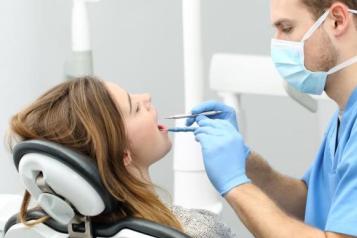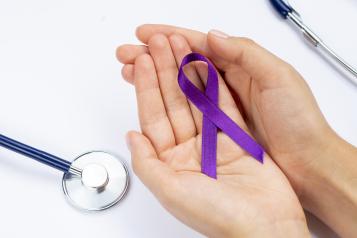Helping Garway patients to understand what’s happening to their data

A Zoom meeting was held on 18 August and featured presentations from Dr Peter Short, Clinical Lead, and Eva Simmonds, Programme Head for NHS Digital, the arm of the NHS which is responsible for this programme. Garway PPG extended invites to all patients in their Primary Care Network (PCN).
This is great example of how a Patient Participation Group (PPG) can work for the benefit of their practice and Primary Care Network patients.
What is General Practice Data for Planning and Research (GPDPR)?
This is where the Government intends to copy data from GP records to a central database for use in planning NHS services and for medical research in the future. This was due to happen on 1 September this year but was postponed for further consultation, but no new date has been set.
What has been done so far?
Many people are not aware that their medical records held by hospitals are already shared for planning and research purposes. Responsibility for controlling this rests with the individual hospital trusts. Many research projects have recruited participants for trials in which patient data is used, with consent, such as the UK Biobank.
Unlike these opt-in projects, the Government’s plan for GP data is that people will have to opt-out if they do not want their data to be shared. The final details of this are still being developed, following criticism that the original plan made opting out too difficult. You will be able to opt-out at any time, including after the system has been put into operation, and your data will be withdrawn from the system.
NHS Digital seeks to emphasise that the data that will be collected is that which can be codified (e.g. blood pressure, medications, test results) and not the whole records that include more general descriptive notes that GPs add to their systems.
The data collected will be pseudonymised. This means that the information which would identify someone will be separated from the coded data. Data users, the NHS planners and authorised researchers will not be able to link the material they are accessing to individuals.
How it will be managed
A structure is being put in place for the governance of this system. It is being operated by NHS Digital. The robustness and independence from government and commercial interests of these governance arrangements will be crucial to the success of this project. Individual decisions on whether or not to opt-out will depend on whether you have confidence that those responsible for the operation, use and governance of the database strictly adhere to its stated purposes and that there is full transparency.
The NHS Digital plans for the system, what it is for, how it will be used, how people can opt-out, and how it will be overseen are available at


